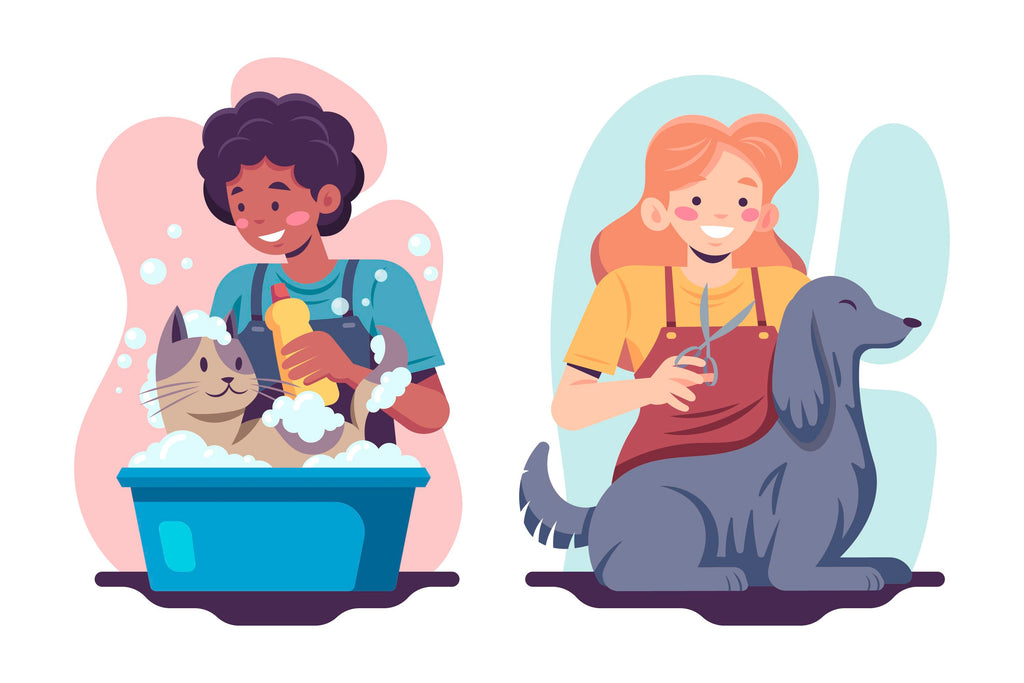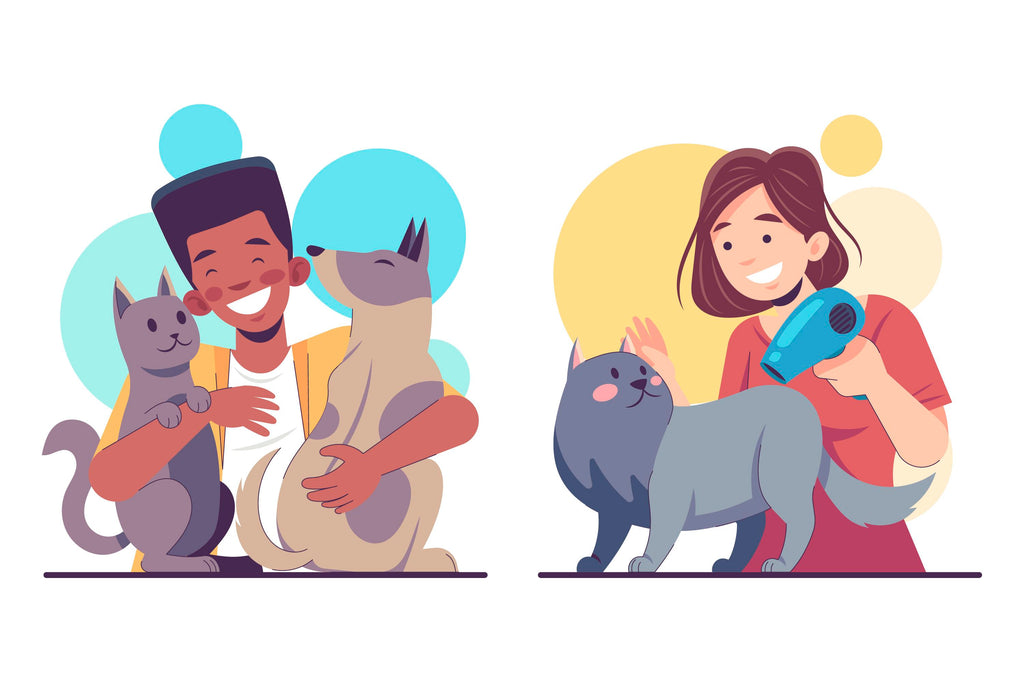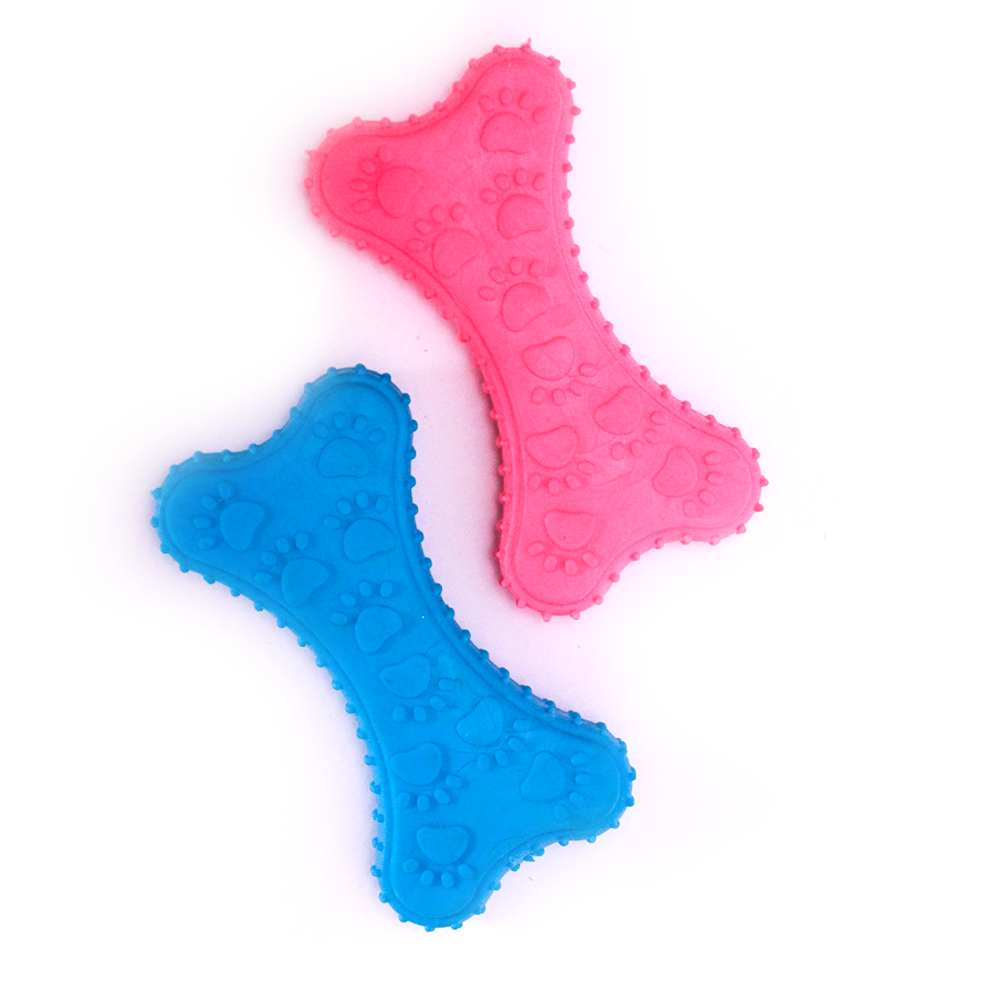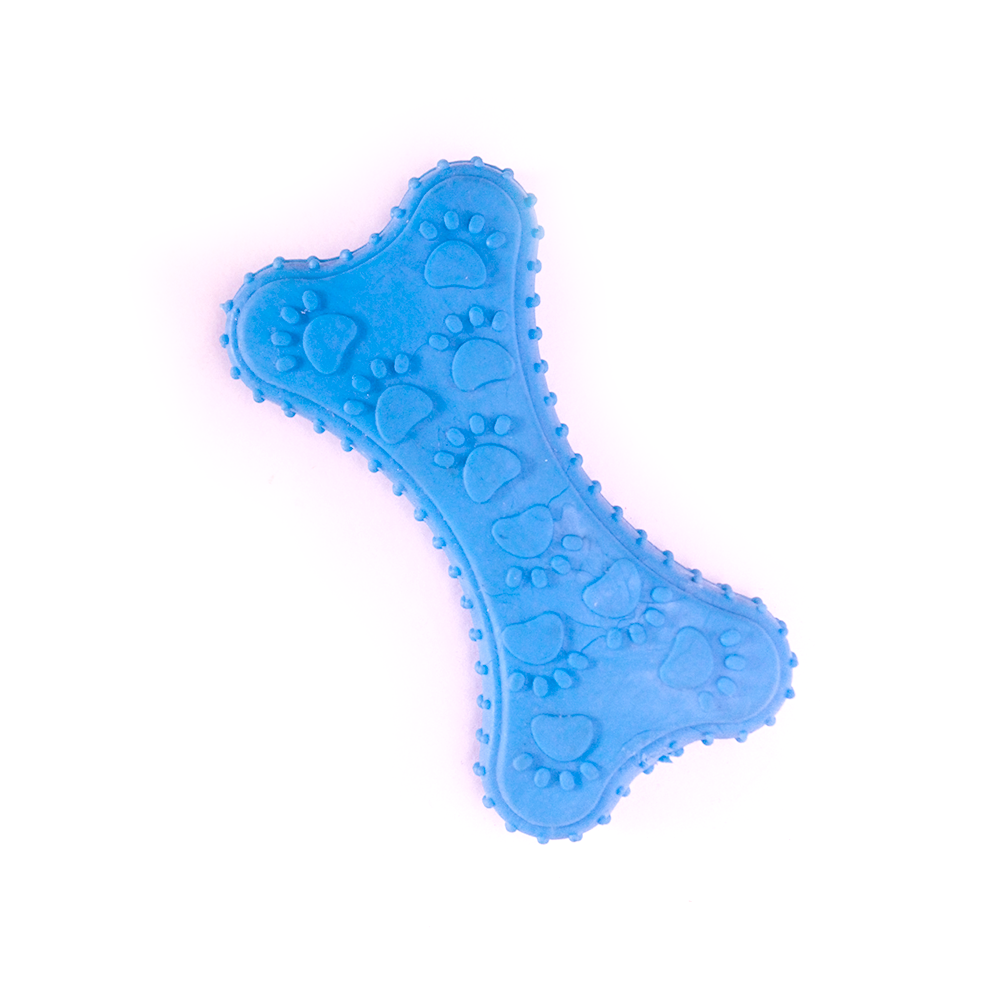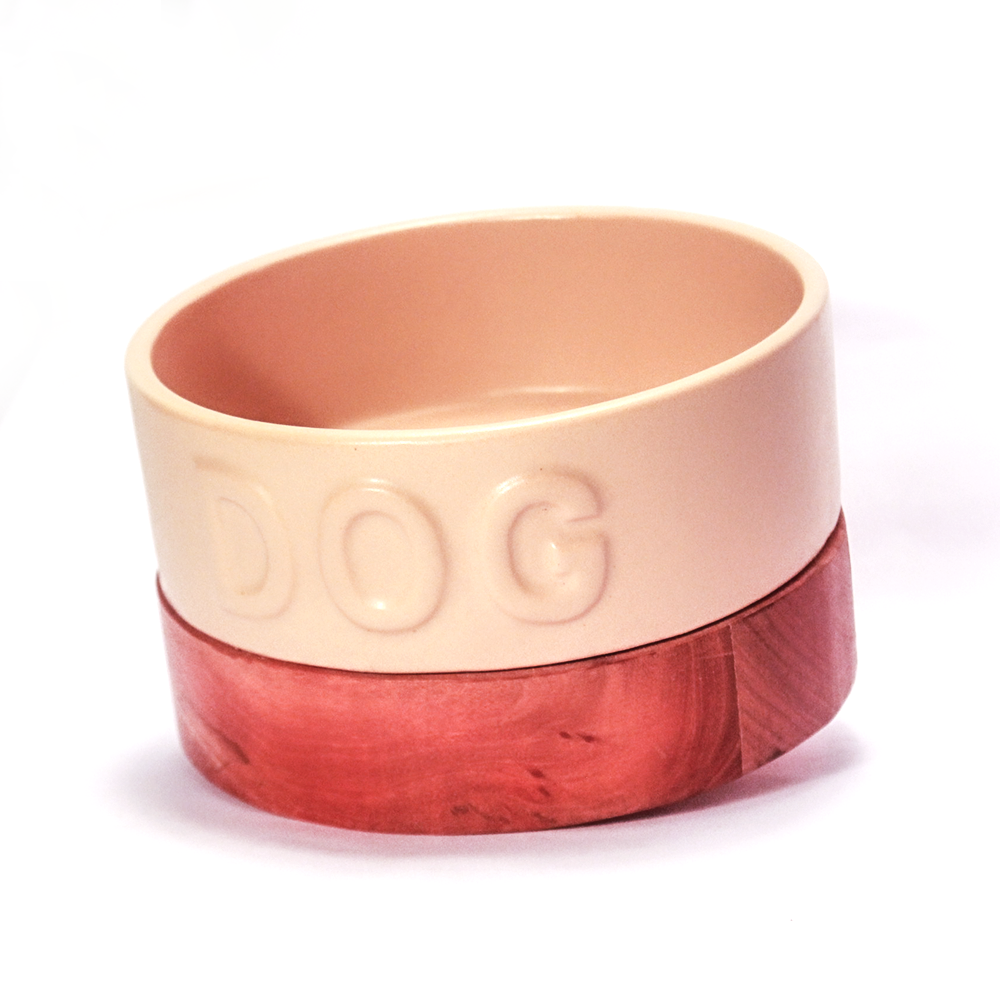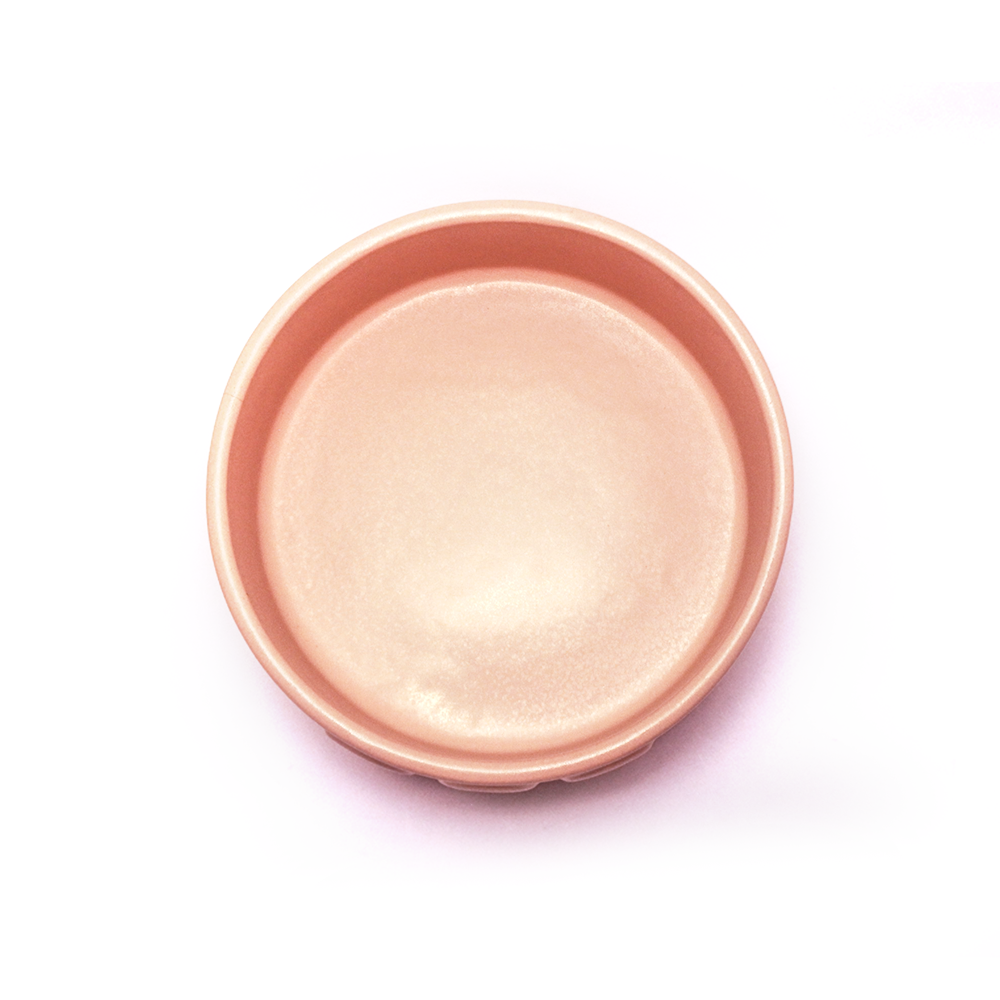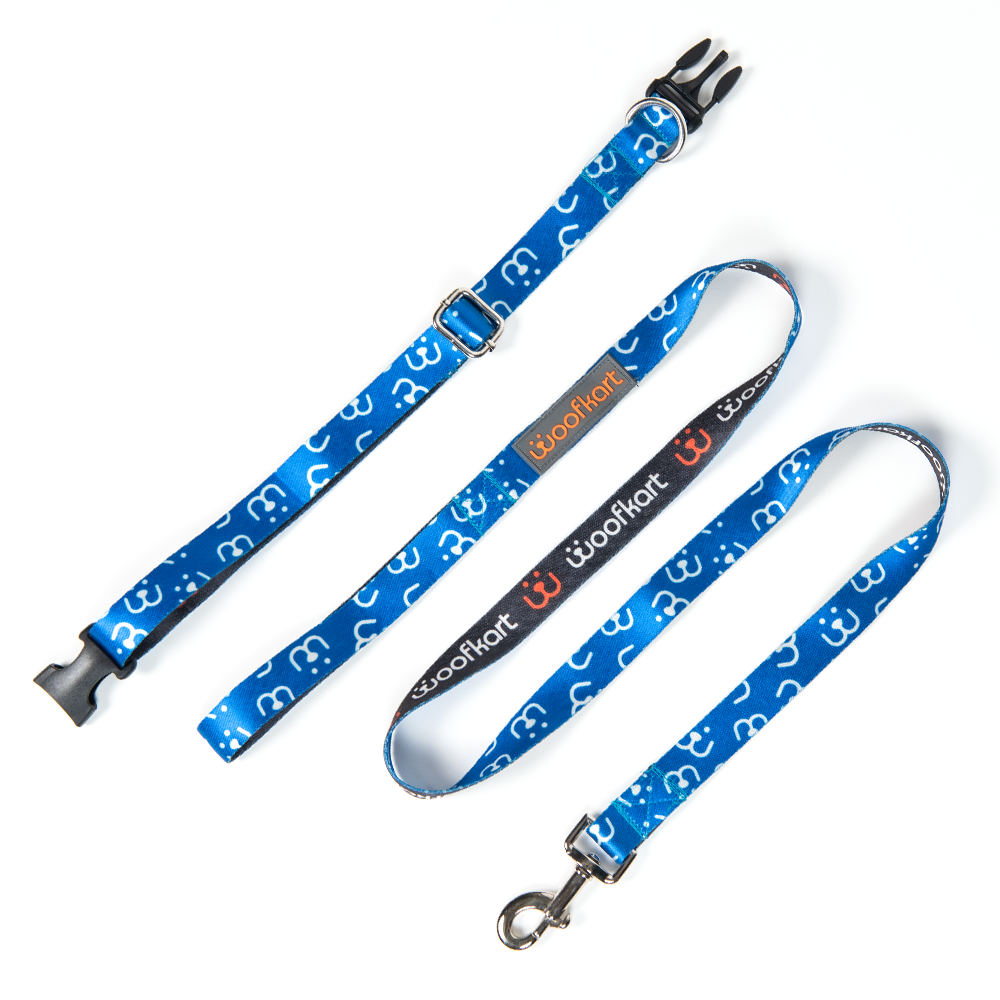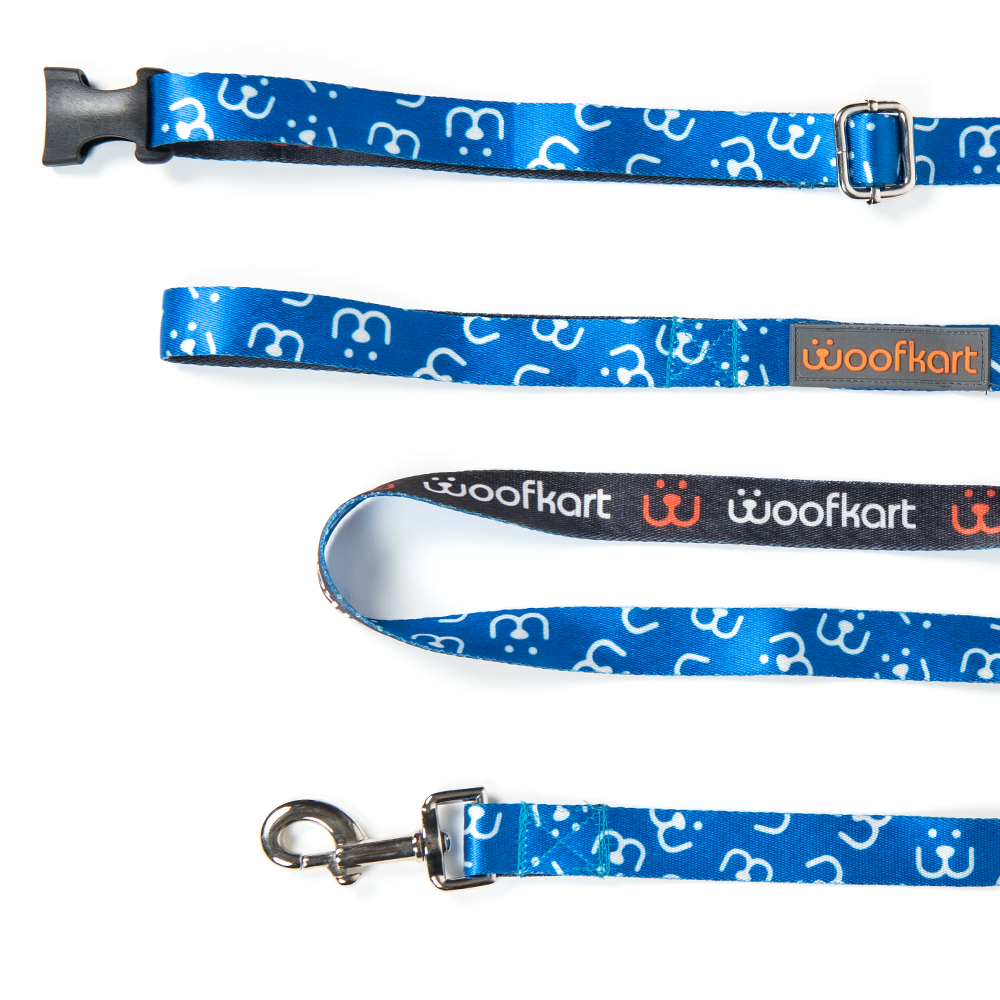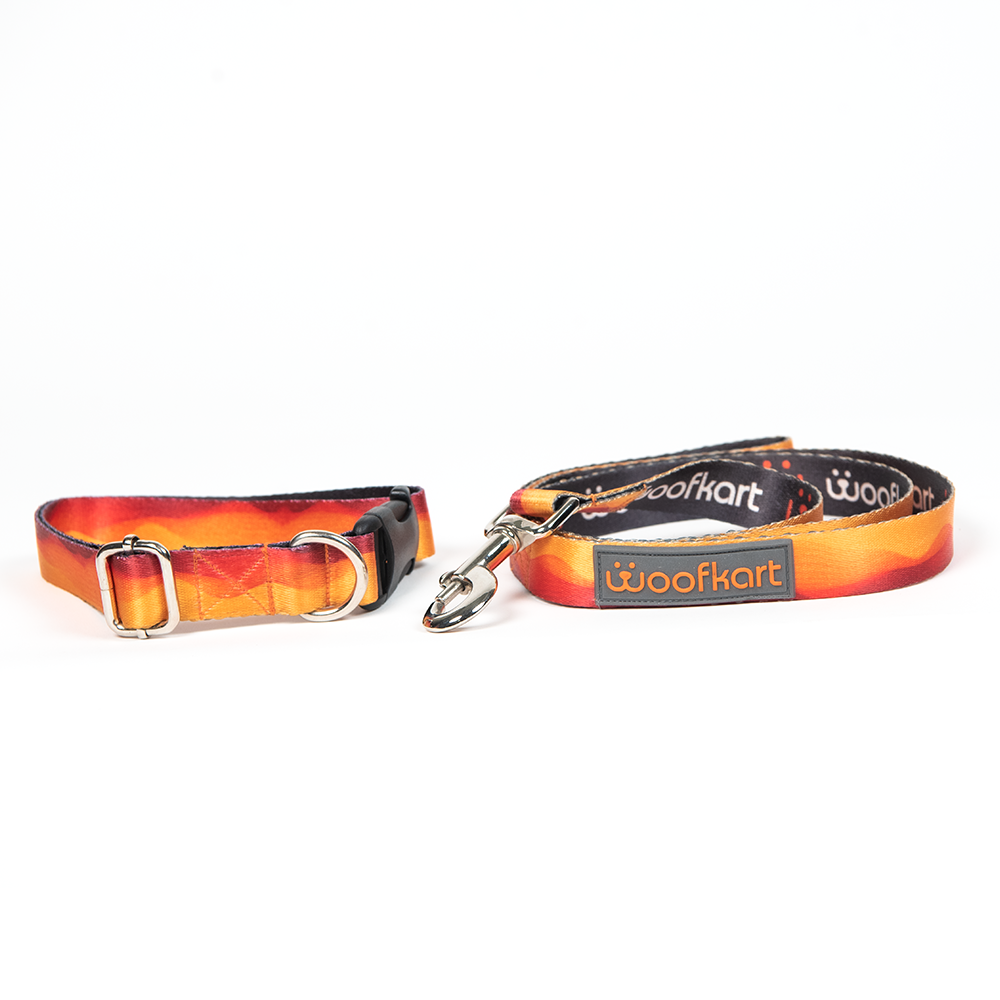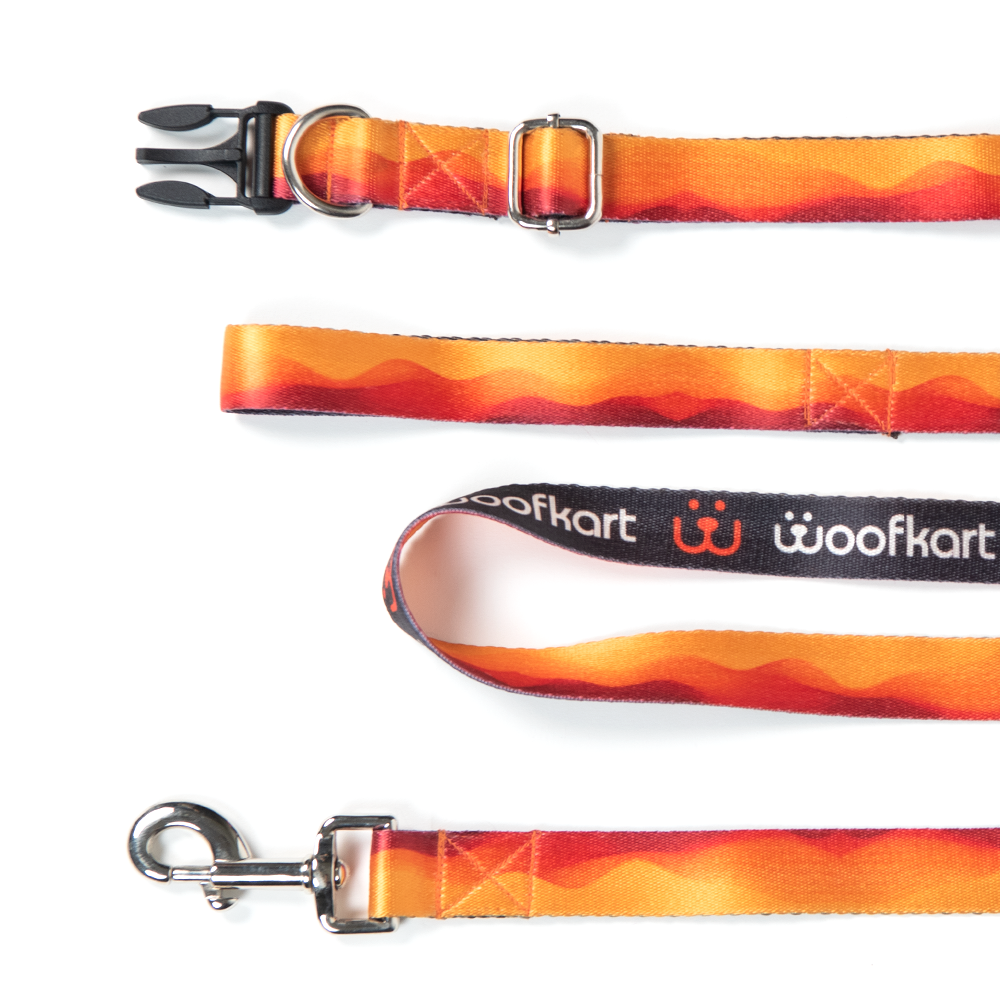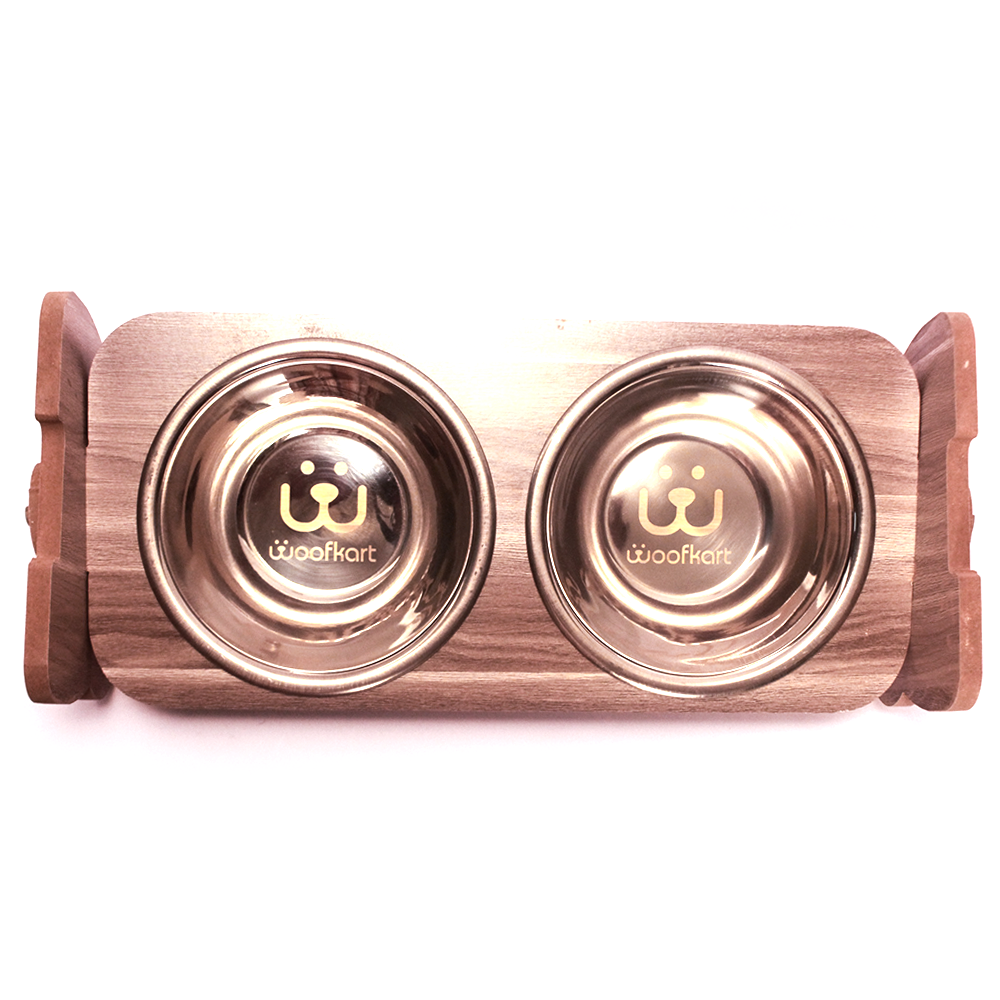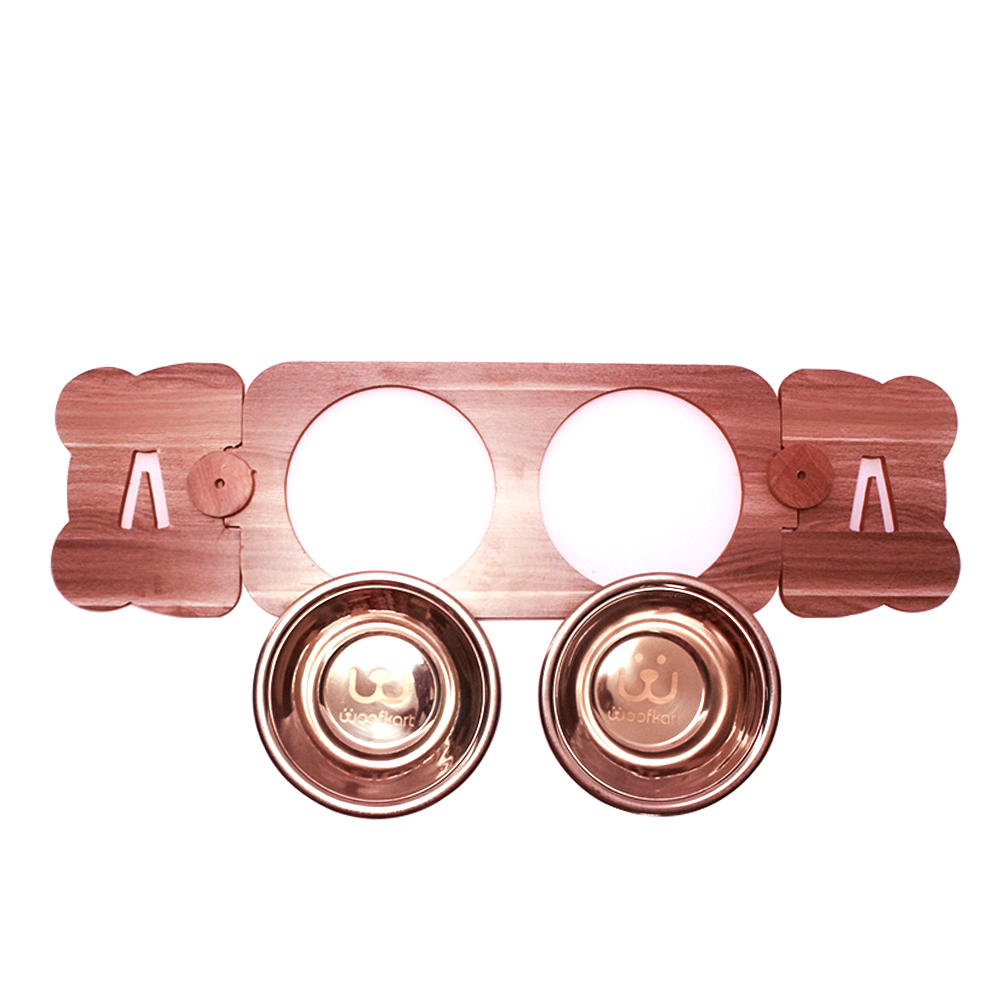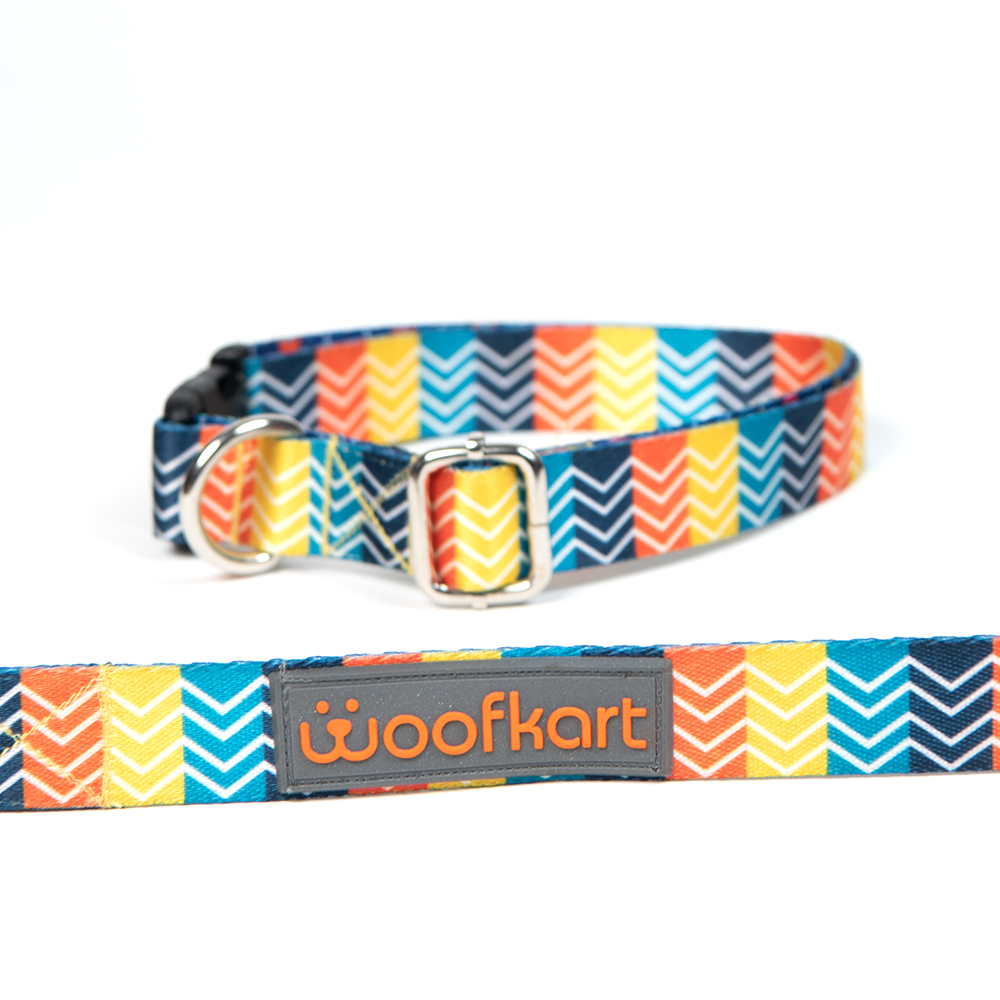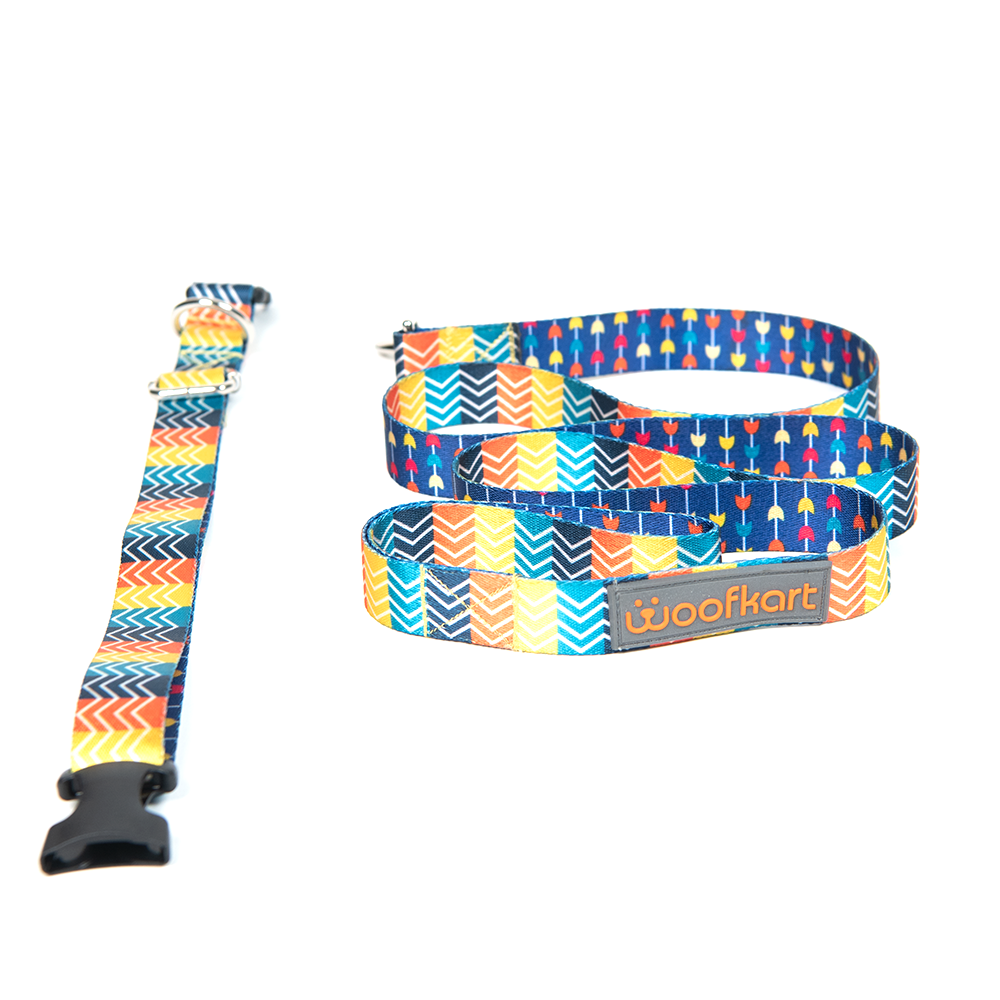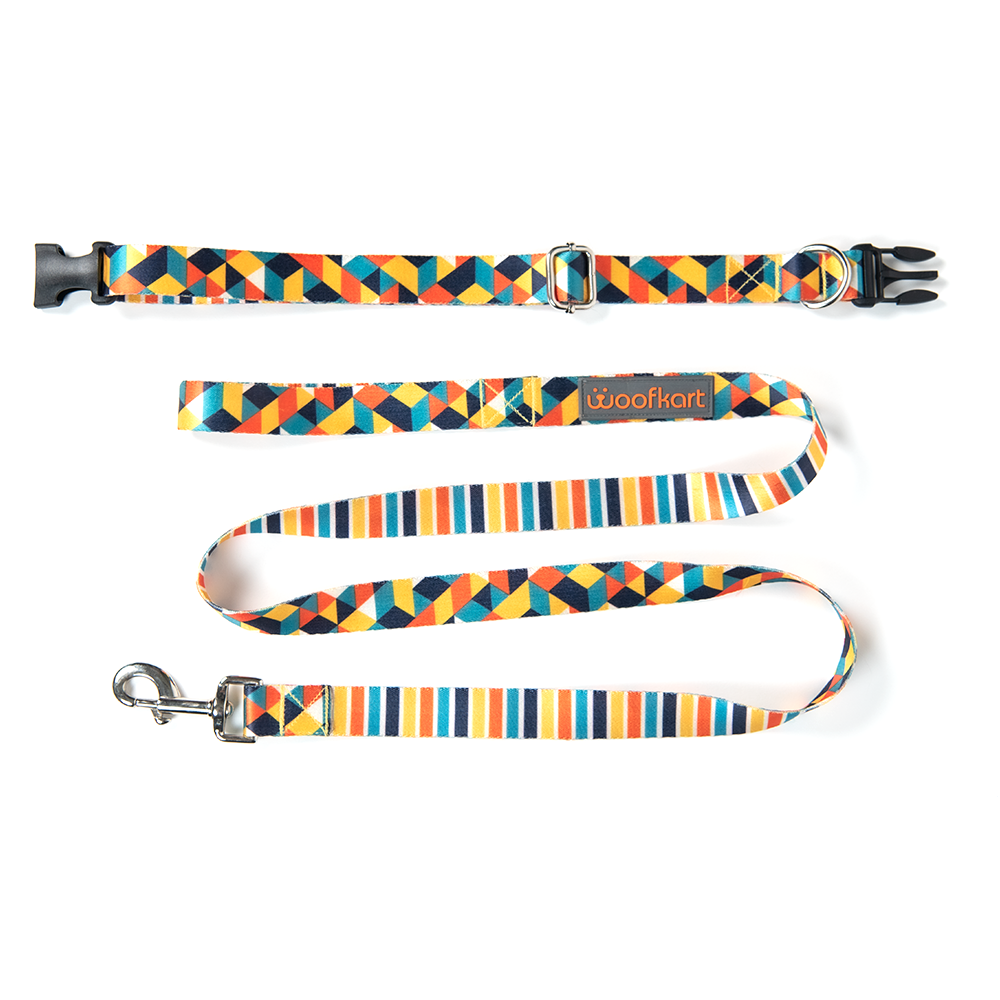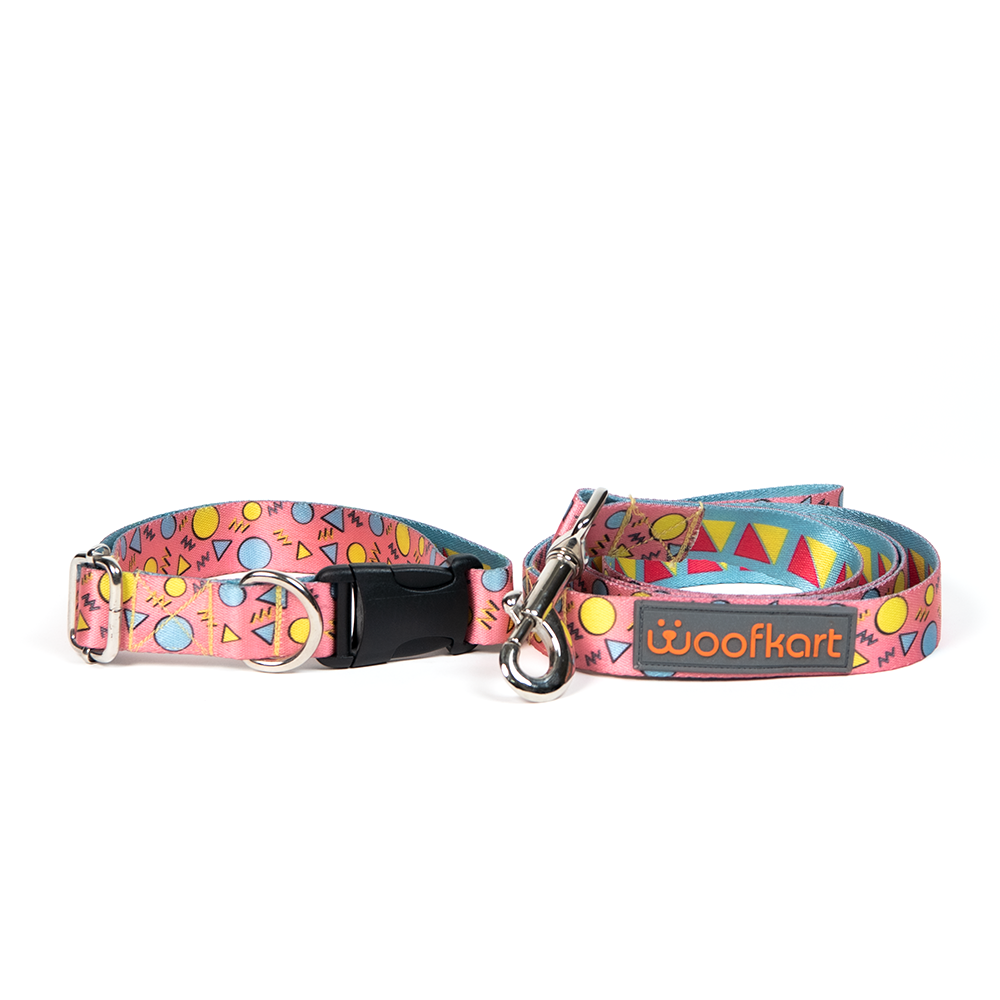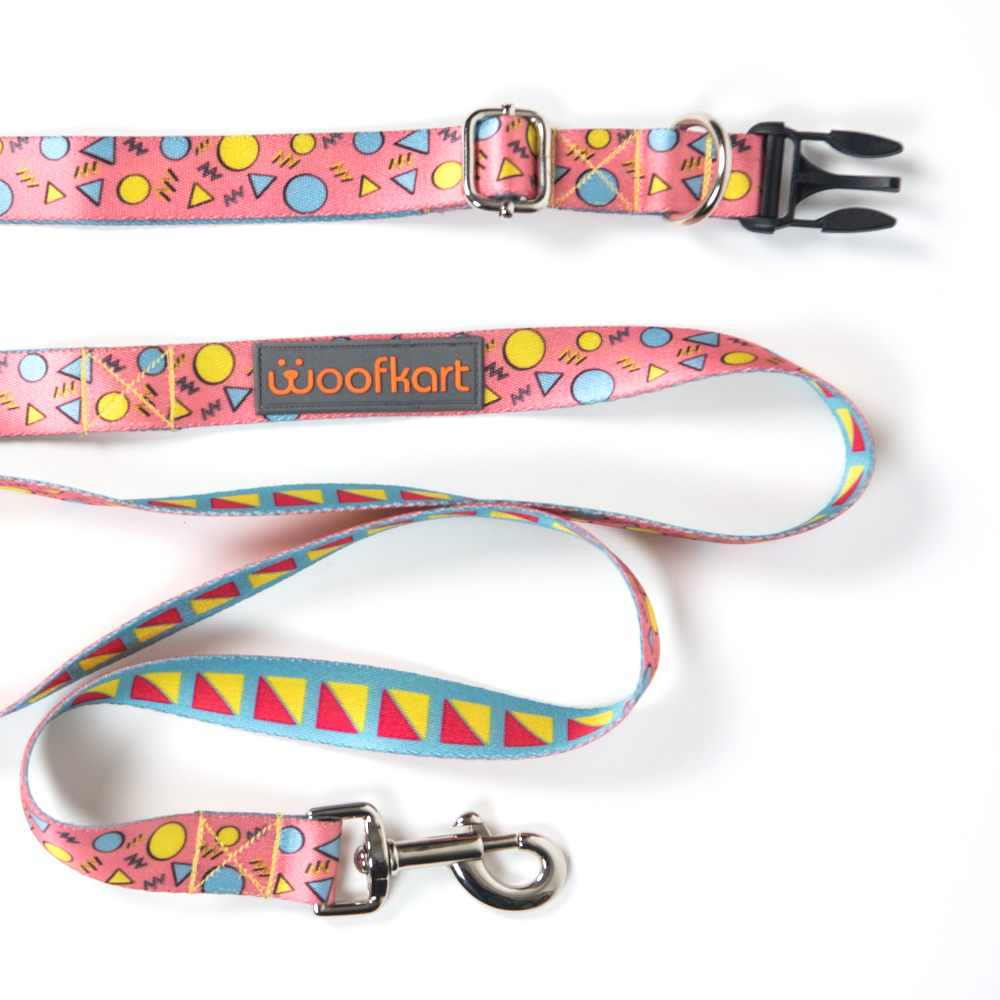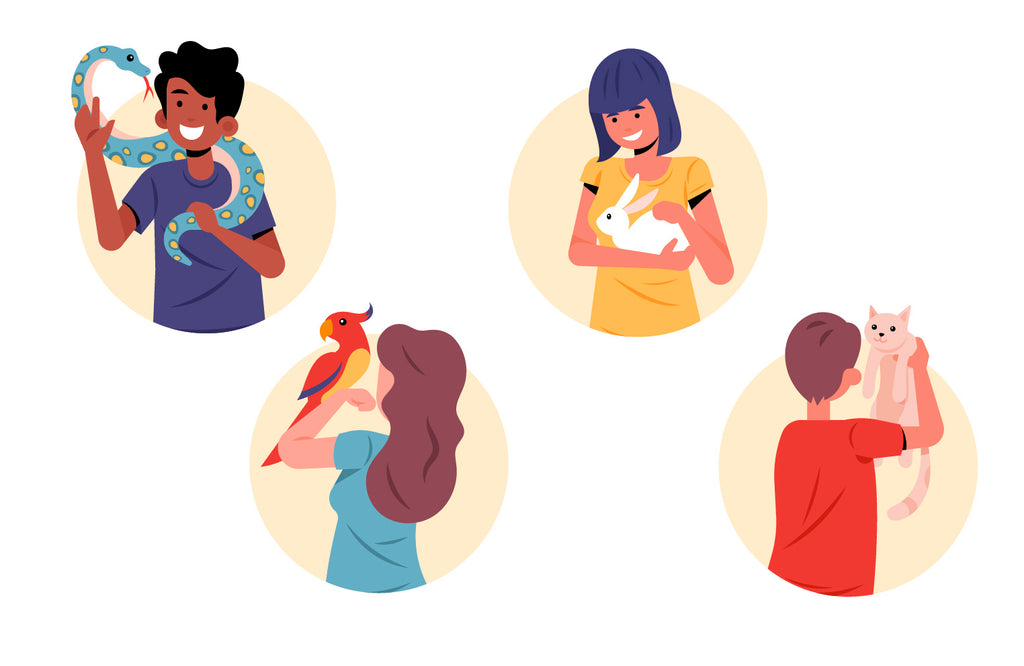
DOs and DON'Ts of Pet Care

Pets are a great addition to any home. They provide companionship, fun, and love. However, owning a pet also comes with certain responsibilities. Some things should be done to ensure the health and well-being of your pet, as well as things that should be avoided. In this article, we discuss the dos and don'ts of dogs, cats, and other domestic animals.
DOs:
> Provide the right nutrition: Providing pets with a balanced and healthy diet is essential for their health. Different pets have different nutritional needs, so it is important to consult your veterinarian to determine the best food for your pet.
> Regular exercise: Exercise is essential for pets to maintain good health and prevent obesity. Dogs need a daily walk or run, while cats need opportunities to play and climb. Other pets, such as birds and hamsters, also require opportunities to move and exercise.
> Regular Vet Visits: Regular vet checkups are essential to keeping your pet healthy. These visits should include vaccinations, worming, and a general health check.
> Provide mental stimulation: Pets need mental stimulation as much as physical exercise. This can be achieved through exercise, interactive toys, and interaction with other pets.
> Proper hygiene: Proper hygiene is important to prevent the spread of diseases and parasites. Regular grooming, cleaning litter boxes and cages, and keeping the living space clean are all important aspects of pet hygiene.
DON'Ts:
> Leaving pets unattended for long periods: Pets must not be left unattended for long periods. This can lead to anxiety, boredom, and destructive behavior.
> Neglecting their needs: Neglecting a pet's needs, including proper nutrition, exercise, and medical care, can lead to health and behavioral problems.
> Permit aggressive behavior: Pets should not tolerate aggressive behavior. This can be dangerous for both the pet and the owner and lead to legal problems if the pet harms others.
> Human food: Human food can be harmful to pets and cause digestive problems and possible poisoning. It is best to stick to pet-specific foods and treats.
> Overnutrition: Overnutrition can lead to obesity, which can lead to various health problems. Follow the pet food manufacturer's feeding instructions and consult your veterinarian if in doubt.
In conclusion, owning a pet is a big responsibility and it is important to provide adequate care and attention to ensure the health and well-being of your furry or feathered friend. By following the dos and don'ts above, you can help your pet live a happy and healthy life. Remember, a happy pet is a happy owner!


